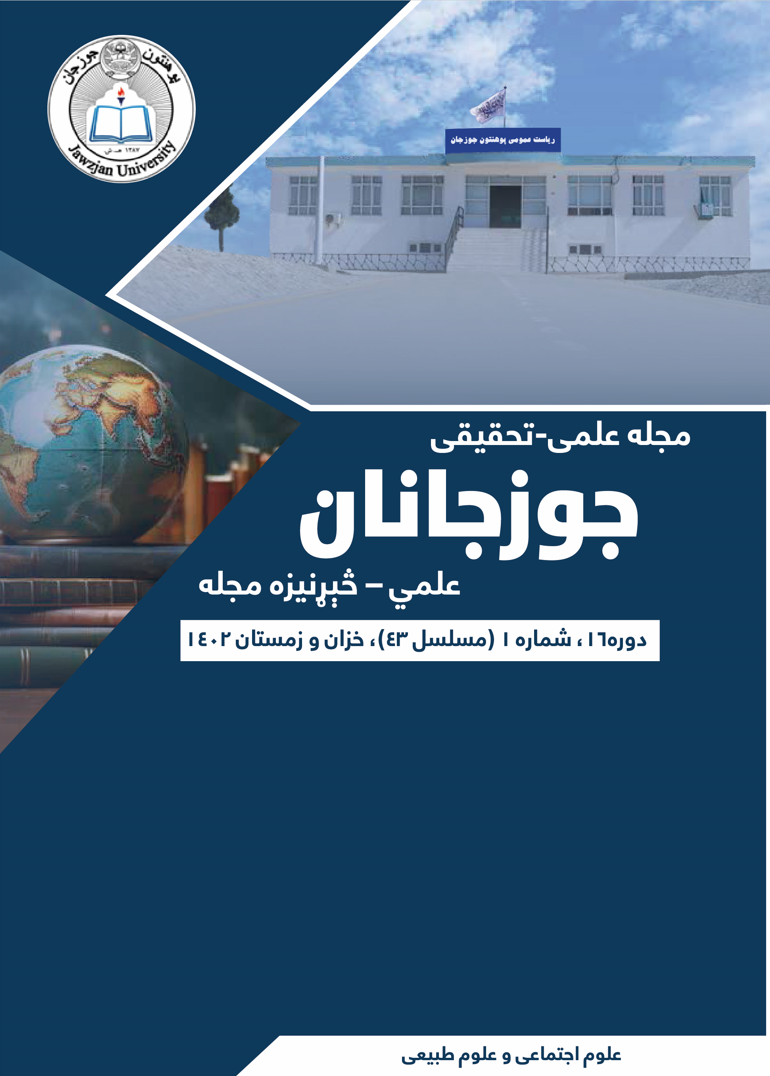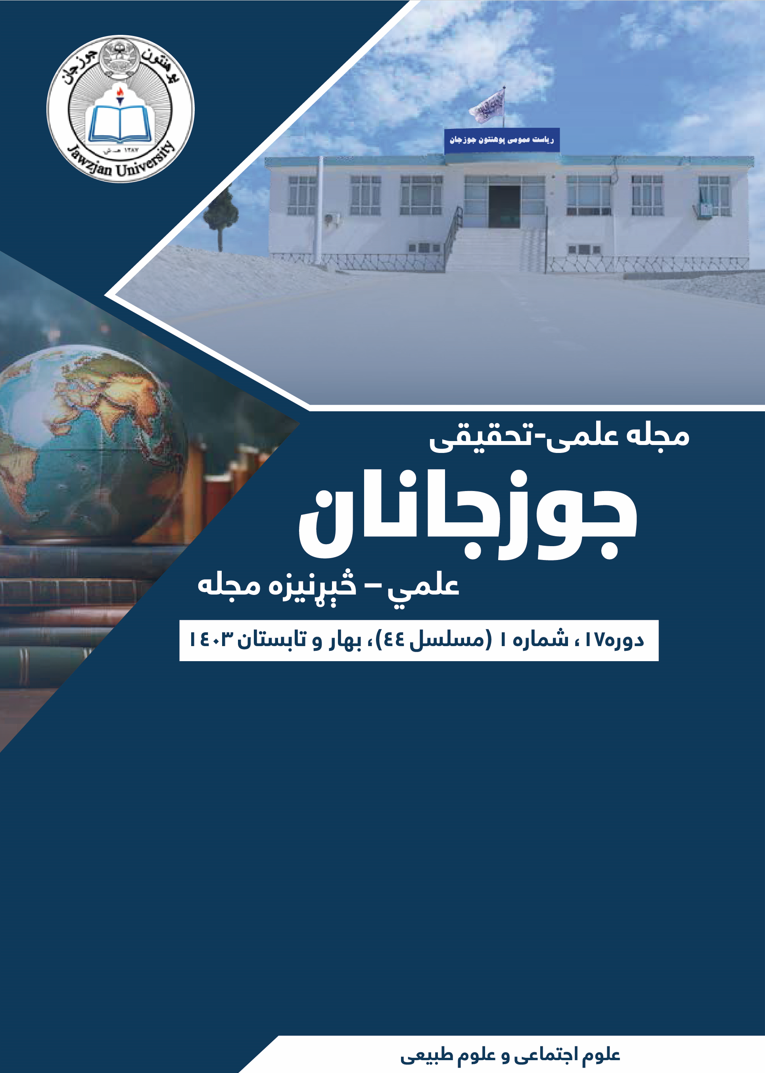Researching of Family Factors Affecting the Commission of Crime and Ways to Reduce it from the Perspective of Islam
DOI:
https://doi.org/10.69892/jawzjanan.2024.37Keywords:
Islam Rulings, Crime Prevention, Deception, JurisprudenceAbstract
The term "fainting" refers to the act of concealing defects or misrepresenting the true condition of saleable goods. In this research, the focus has been on exploring the Islamic perspective on deception, as well as examining the rulings and methods of prevention associated with it. The study has utilized a descriptive-analytical approach to investigate these aspects. The findings of the research demonstrate that deceiving is not only considered morally wrong from an intellectual standpoint, but it is also explicitly prohibited according to the teachings of the Quran and the Hadiths of the Prophet Muhammad (peace be upon him). There are various forms of deception, including cyber deception, substitution of low-quality goods with high-quality ones, and misrepresentation of goods contrary to their actual attributes. Solutions to prevent deception in the holy religion of Islam have been outlined, including the implementation of security and intelligence measures in significant and densely populated areas. Additionally, coordination between security personnel and the undertaking of ideological and religious activities play a crucial role in combating deception. The purpose of examining the ruling on deception from an Islamic perspective is to understand its types, effects, and ways to prevent it within society. By preventing deception, the aim is to ensure that no one is harmed and to promote a more just and honest environment.
References
القرآن الکریم
جابر، امینه و همکاران. (1393). فروپاشی خانواده و آسیب شناسی آن. مترجم: داود نارویی. تهران: احسان، چ دوم.
زیدان، عبدالکریم. (1395). مختصری در قواعد فقه. سالم افسری، آراس، چ اول.
سلیمی، علی و داوری، محمد. (1380). جرم و مجرم شناسی، قم: پژوهشکده حوزه دانشگاهی.
شامبیاتی، هوشنگ. (1375). حقوق جزای عمومی، کابل: مجید، چ اول.
طبرسی، حسن بن فضل. (1382). مکارم الاخلاق، قم: الشریفی الرضی، چ اول.
عدالتخواه، عبدالقادر. (1387). حقوق فامیل، کابل: میوند، چ اول.
محزون، محمد یحیی. (1392). کریمنولوژی. کابل: مستقل، چ دوم.
محمدی¬اصل، عباس. (1385). بزهکاری اطفال و نوجوانان و نظریه¬های انحرافی اجتماعی. تهران: نشر علم، چ اول.
معین، محمد. (1382). فرهنگ فارسی معین. جلد1. تهران: نشر سرایش، چ هفتم.
مهدوی، محمود. (1390). پیشگیری از جرم، ایران: پایز، چ اول.
نایل ، عبدالقادر. (1396). حقوق فامیل در فقه و قانون، کابل: تمدن شرق، چ دوم.
نذیر، داد محمد. (1394). حقوق فامیل در شریعت اسلامی و قانون مدنی 1355 افغانستان، کابل: حامد رسالت، چ اول.
بخش قانون:
پیمان نامه حقوق کودک. (1989).
وزارت عدلیه. (1396). کود جزا. کابل: جریده رسمی، نمبر مسلسل 1260.







